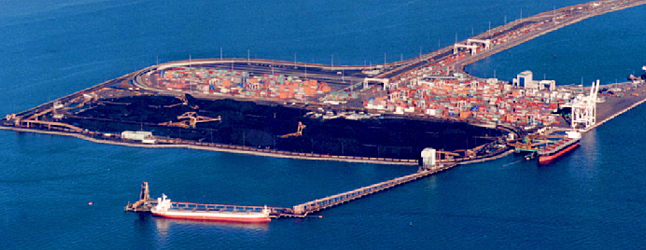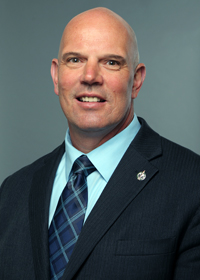

Kootenay Columbia
Conservative Party of Canada
By David F. Rooney
Here’s something you don’t see every day: a federal Member of Parliament intervening in a municipal government’s bylaw approval process.
MP David Wilks is doing just that on Tuesday, July 9, when he flies to Vancouver speak at a Vancouver public hearing against a bylaw that will attempt to “to prohibit the handling, storage and trans-shipment of coal at marine terminals and berths.”
Wilks, who was here on the weekend to take part in the 2013 Timber Days festival, said in an interview Saturday morning that, if successful, the bylaw would halt the shipping of coal from Vancouver. The public hearing for the proposed zoning bylaw amendment has been scheduled for Tuesday evening. It is the seventh item on their agenda. After the public hearing, Council can choose to discuss the item and make a decision the same evening or defer their discussion and/or decision until a future date.
“Coal is BC’s largest single export commodity,” he said. “The mines in the Elk Valley are the main employers in the area and its handling as freight pays for a lot of jobs in the CPR.”
According to the Coal Association of Canada, about 80% of Canada’s coal exports are shipped through British Columbia mainly because 90% of Canada’s coal deposits are located in western provinces. In 2010, Canadian ports helped facilitate the export of approximately 33 million tonnes of coal, a 22% increase from the year before.
There are three ports in and near Vancouver that handle international and domestic shipments of coal: Port Metro Vancouver, Westshore Terminals near Roberts Bank, and Neptune Terminals on the North Shore.
By early 2013, western-based Westshore, Neptune and Ridley Terminals will see over $1 billion invested in improvements to the efficiency and capacity of their terminals. This includes the addition of more than 20 million tonnes in coal handling capacity, the association said on its website.
About 42,000 people are employed in the coal mining industry across Canada. Coal mining is an important contributor to Canada’s GDP – contributing an estimated about $5.2 billion in direct and indirect impacts in 2011. In recent years the industry has seen remarkably strong growth in revenue and capital investment. Between 2001 and 2010, revenue grew by 14.6% and during the same time frame capital investments grew by 19.3%.
There’s no coal mining in Revelstoke but in the Elk Valley, located in the eastern part of the federal Kootenay-Columbia, it is by far the most important industry. That importance is felt here as local CP Rail employees help move all that coal to terminals in the Vancouver area.
“The recommendation is made to reduce the impact of coal shipping within the city, to act in the best interests of public health and to support the attainment of the Greenest City Action Plan,” says the City of Vancouver report that is being used to justify the prohibition.
“There are two types of coal: thermal coal, used for power generation, and metallurgical coal used to make steel. The health implications of coal not only come from the emissions generated when it is burned, but also from the coal dust blown from stored coal or when coal is transported and handled. Coal dust is known to cause both acute and chronic respiratory health problems.”
However, the report does not contain any data on the frequency of coal-caused health problems in Metro Vancouver, which, incidentally, has a Greenest City Action Plan aimed at making it the greenest city in BC, Canada and the World.
“In view of the lack of a Health Impact Assessment which provides Council with reassurance of the safety of a coal handling facility and the overall goals of the Greenest City Action Plan… The proposed amendment would prohibit the handling, storage, and trans-shipment of coal as part of a Marine Terminal or Berth use on lands within the jurisdiction of the City. The impact would be to reduce the handling of coal and the transportation of coal to such lands.”



